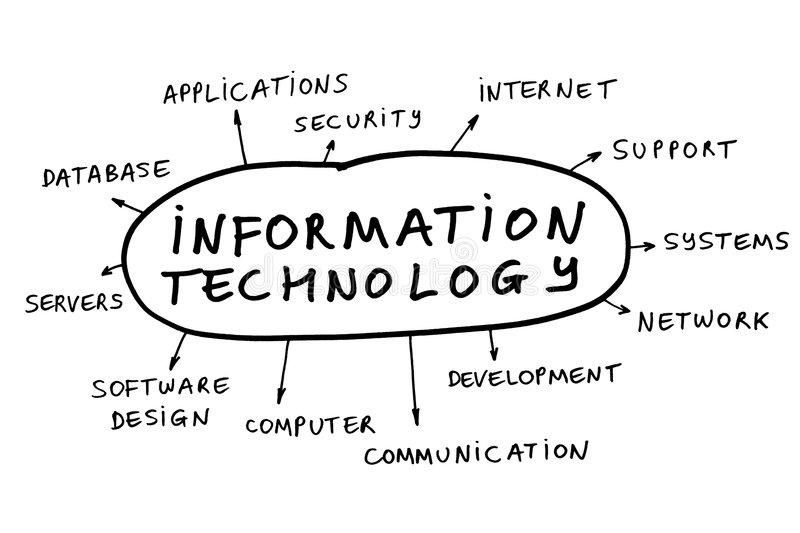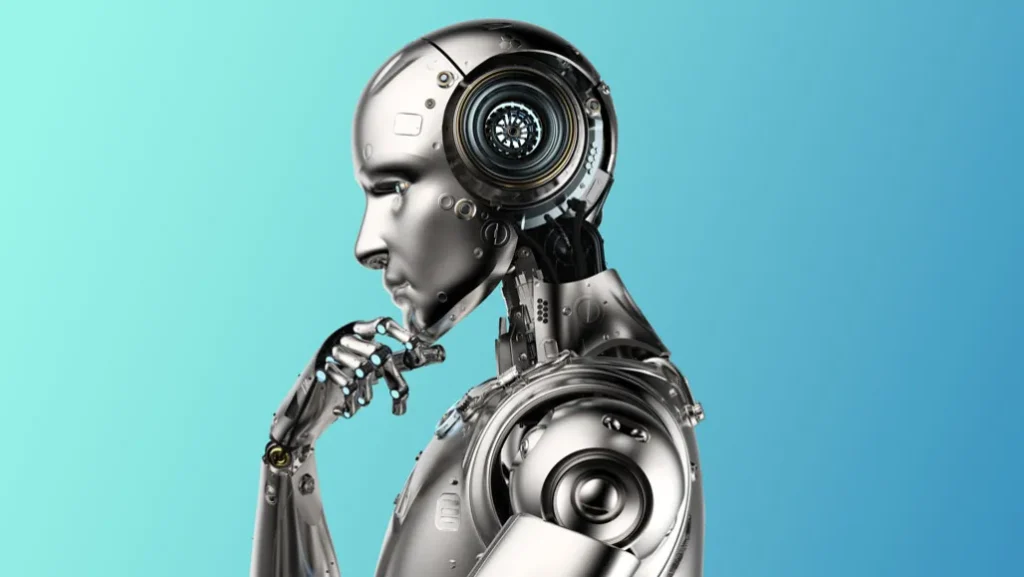The Human Rights Act 1998 is a pivotal piece of legislation in the United Kingdom that enshrines the rights and freedoms set out in the European Convention on Human Rights (ECHR) into domestic law.
Enacted on November 9, 1998, the Human Rights Act has had a profound impact on the protection of human rights and the functioning of the UK legal system.

Incorporation of ECHR:
The primary objective of the Human Rights Act 1998 was to incorporate the rights and freedoms enshrined in the ECHR into UK law. Before the Act, individuals in the UK had to seek redress for human rights violations by taking their cases to the European Court of Human Rights in Strasbourg.
The Human Rights allowed people to bring claims directly in UK courts. Making the protection of human rights more accessible and effective.
Key Provisions:
The Act sets out a range of fundamental rights and freedoms. Including the right to life, freedom of expression, freedom from torture, and the right to a fair trial. It also incorporates provisions regarding privacy, family life, and the right to education.
These rights are considered fundamental to maintaining a democratic also just society.
Impact on the Legal System:
The Human Rights Act 1998 has significantly influenced the UK legal system. Courts are now required to interpret legislation in a way that is compatible with human rights, also public authorities must act by the Act.
If a court finds that a law is incompatible with human rights. It can issue a “declaration of incompatibility,” signaling the need for legislative change.
Advancing Equality and Justice:
The Act has been instrumental in advancing equality and justice in the UK. It has enabled individuals to challenge discriminatory practices and also strengthened the rights of vulnerable groups. Including minorities also marginalized communities.
Balancing Rights and Interests:
The Human Rights Act often requires courts to balance individual rights with competing interests like national security or public safety. This process of proportionality is essential in ensuring a fair also balanced approach to human rights protection.
Controversies and Criticisms:
The Act has not been without its controversies also criticisms. Some critics argue that it has excessively expanded judicial powers and also led to “rights creep”. Where new rights are recognized beyond the original scope of the ECHR.
Conclusion
The Human Rights 1998 is a landmark law that has transformed human rights protection in the UK.
By incorporating the ECHR into domestic law, the Act has empowered individuals to assert their rights. Increased public authority accountability, also promoting a culture of respect for human rights.
Despite debates and challenges, Human Rights remain central to UK human rights protection and serve as a model for other countries. 온라인카지노사이트








